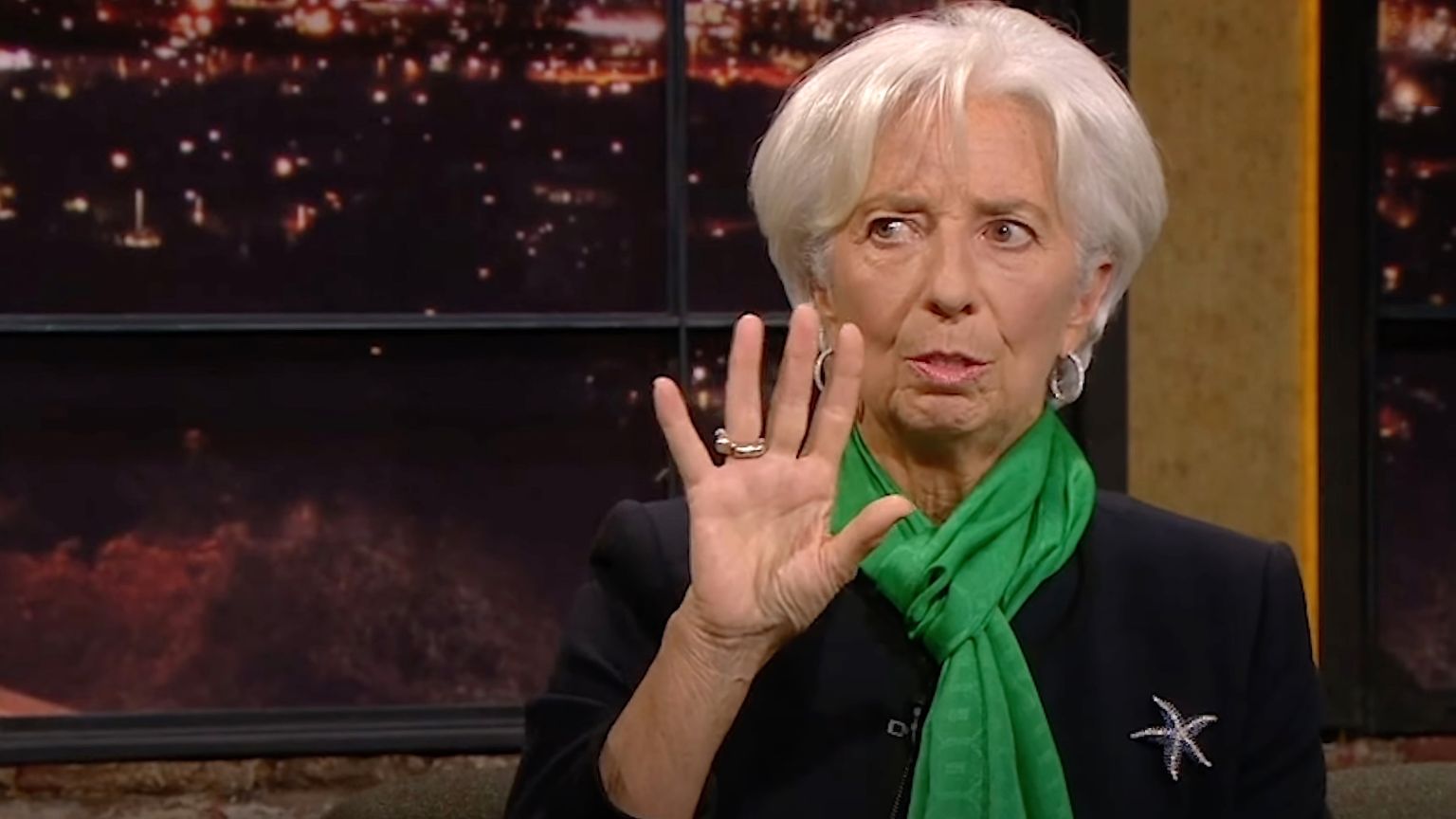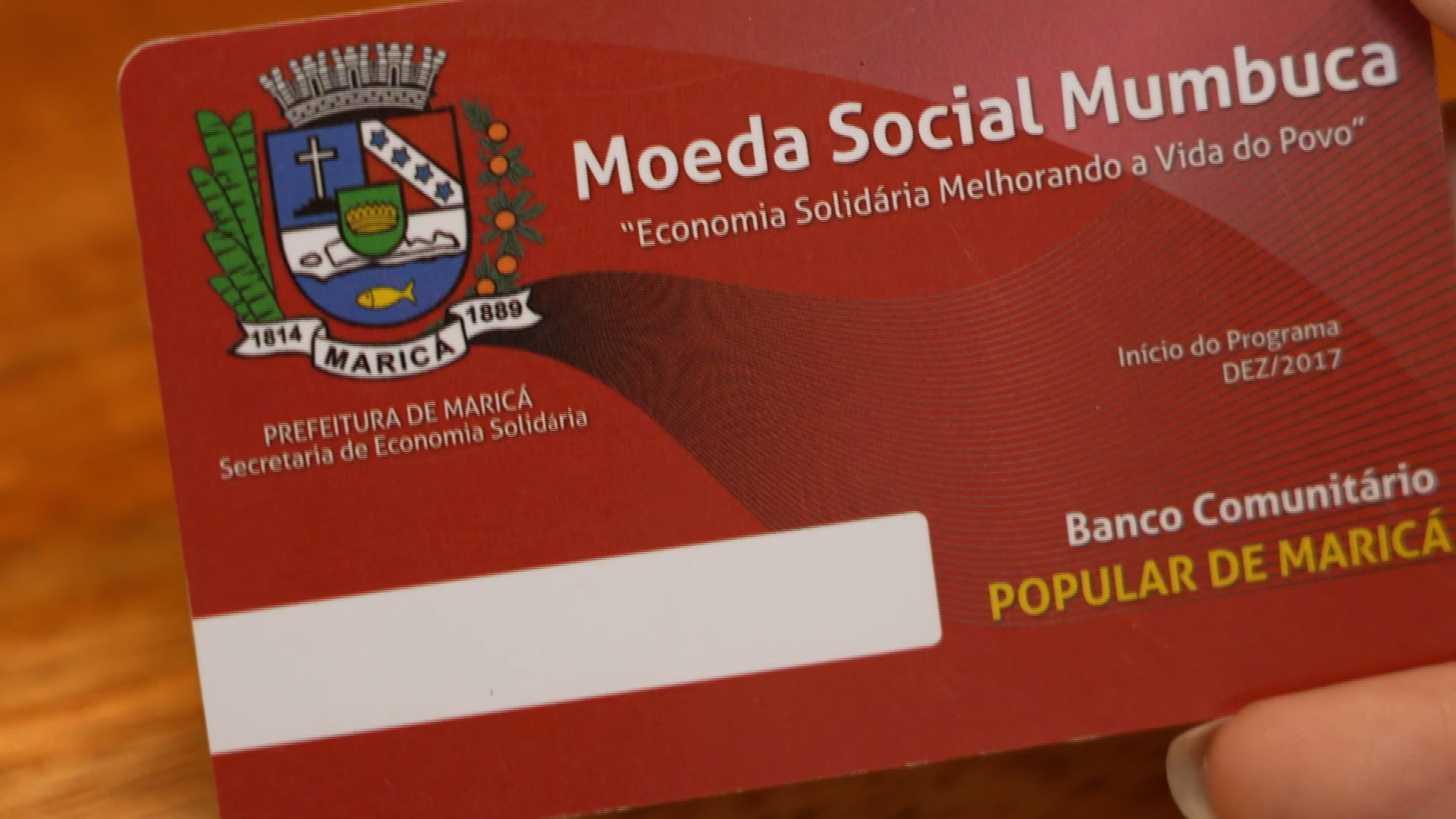Karlysymon
Superstar
- Joined
- Mar 18, 2017
- Messages
- 7,324
Transactions will also be capped.

 reclaimthenet.org
The EBF would like to see control exerted over what Europeans are allowed to do with their digital wallets, and speaks in favor of “a low fixed cap on individual holdings (…) designed reflecting the average daily payment needs of European citizen.”
reclaimthenet.org
The EBF would like to see control exerted over what Europeans are allowed to do with their digital wallets, and speaks in favor of “a low fixed cap on individual holdings (…) designed reflecting the average daily payment needs of European citizen.”
There should also be “a limit on the transaction amount,” the trade association said.


Digital Euro to have built-in limitations, as Central Bank President says it will never be as private as cash
Surveillance and control.
There should also be “a limit on the transaction amount,” the trade association said.









